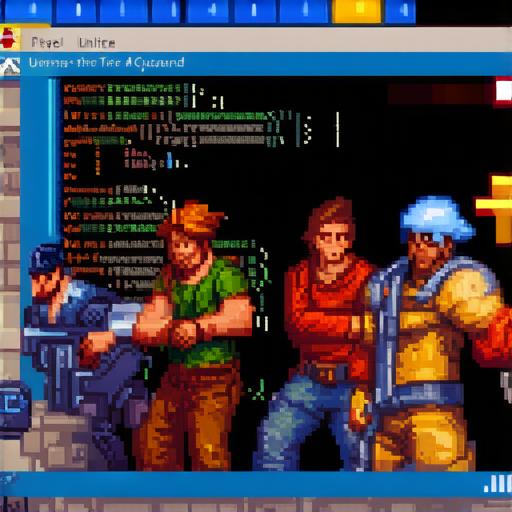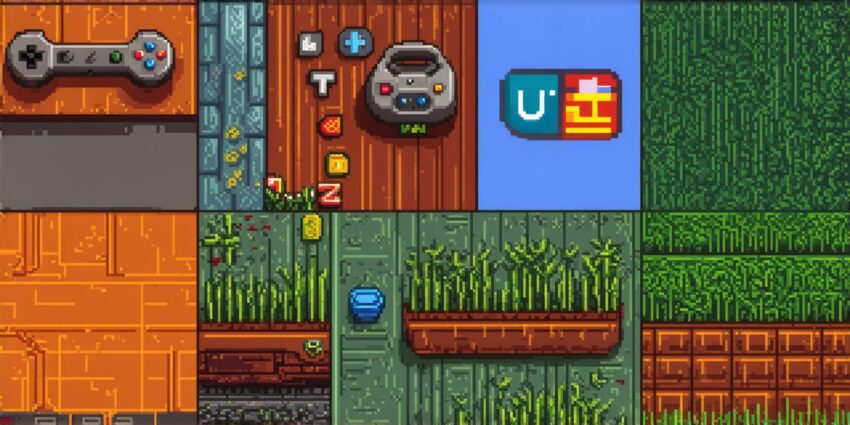Features and Capabilities of Unity in 2D Game Development
Unity offers several features and capabilities that make it suitable for developing 2D games. These include:
- Support for 2D graphics: Unity has built-in support for 2D graphics, including sprite rendering and animation. This makes it easy to create 2D art assets and animations within the engine.
- Flexible scripting: Unity supports a variety of scripting languages, including C and JavaScript, which allows developers to write code in the language of their choice. This makes it easier for developers who are more comfortable with one programming language than another to use Unity.
- Collaboration tools: Unity includes collaboration tools such as version control and real-time synchronization, which make it easy for teams to work together on a project. This is particularly useful for 2D game development where multiple artists and designers may be working on the same project.
- Support for plugins: Unity has a large community of developers who have created plugins that extend its functionality. These plugins can be used to add features such as physics engines, audio, and animation tools to the engine, making it more versatile for 2D game development.
- Cross-platform support: Unity supports multiple platforms including Windows, Mac, Linux, iOS, Android, and WebGL, which allows developers to create games that can run on a variety of devices. This is particularly useful for 2D game development as many 2D games are designed to be cross-platform compatible.
Is Unity Suitable for Developing 2D Games?
Based on the features and capabilities outlined above, it is clear that Unity is suitable for developing 2D games. It has built-in support for 2D graphics, flexible scripting, collaboration tools, support for plugins, and cross-platform compatibility.

Moreover, Unity has a large and active community of developers who create assets, plugins, and tutorials specifically for 2D game development. This means that there is plenty of support available for those who want to use Unity for 2D game development.
In conclusion, Unity is suitable for developing 2D games due to its features and capabilities, including built-in support for 2D graphics, flexible scripting, collaboration tools, support for plugins, and cross-platform compatibility. With its large and active community of developers, Unity provides the perfect platform for creating high-quality 2D games.
